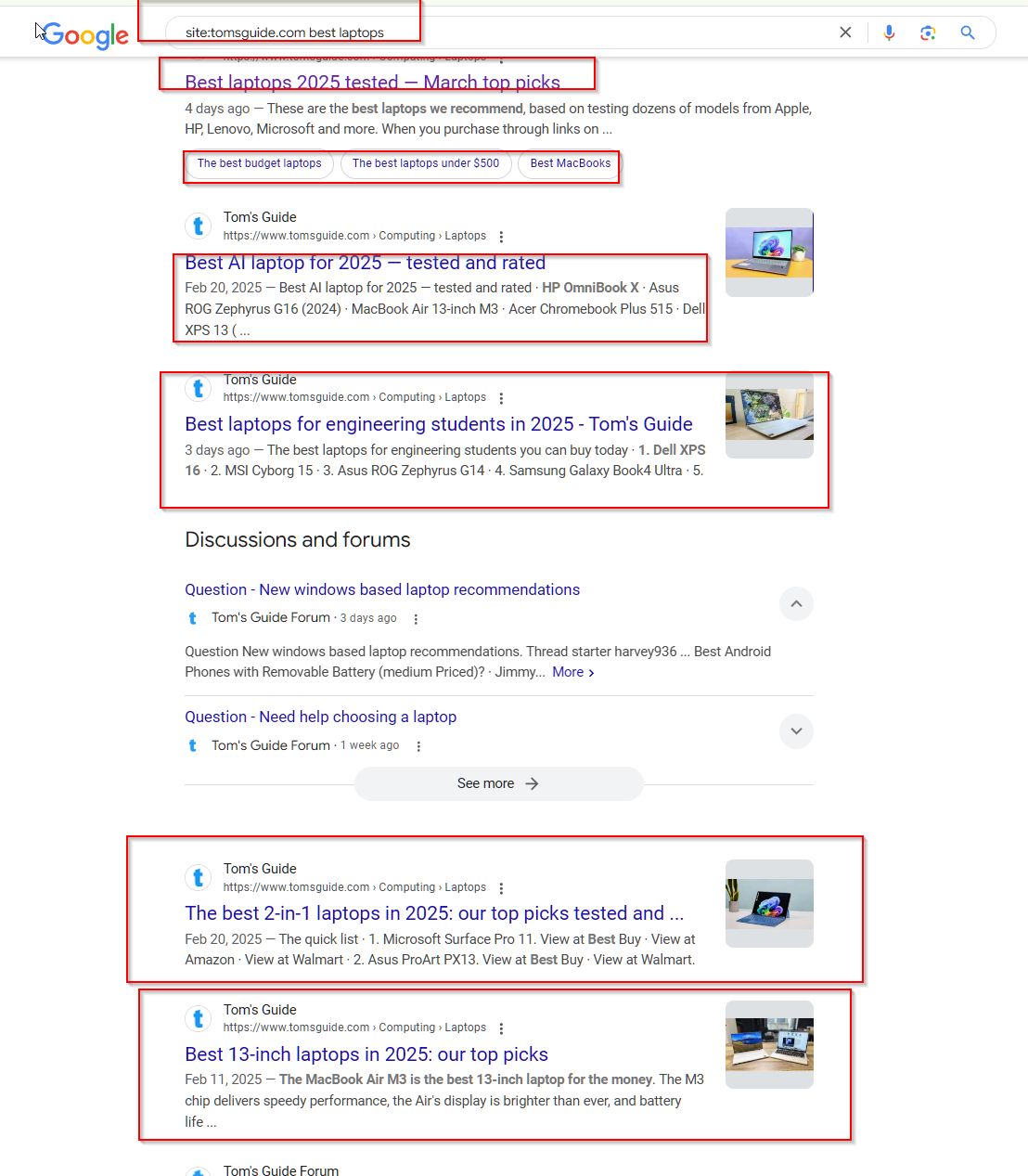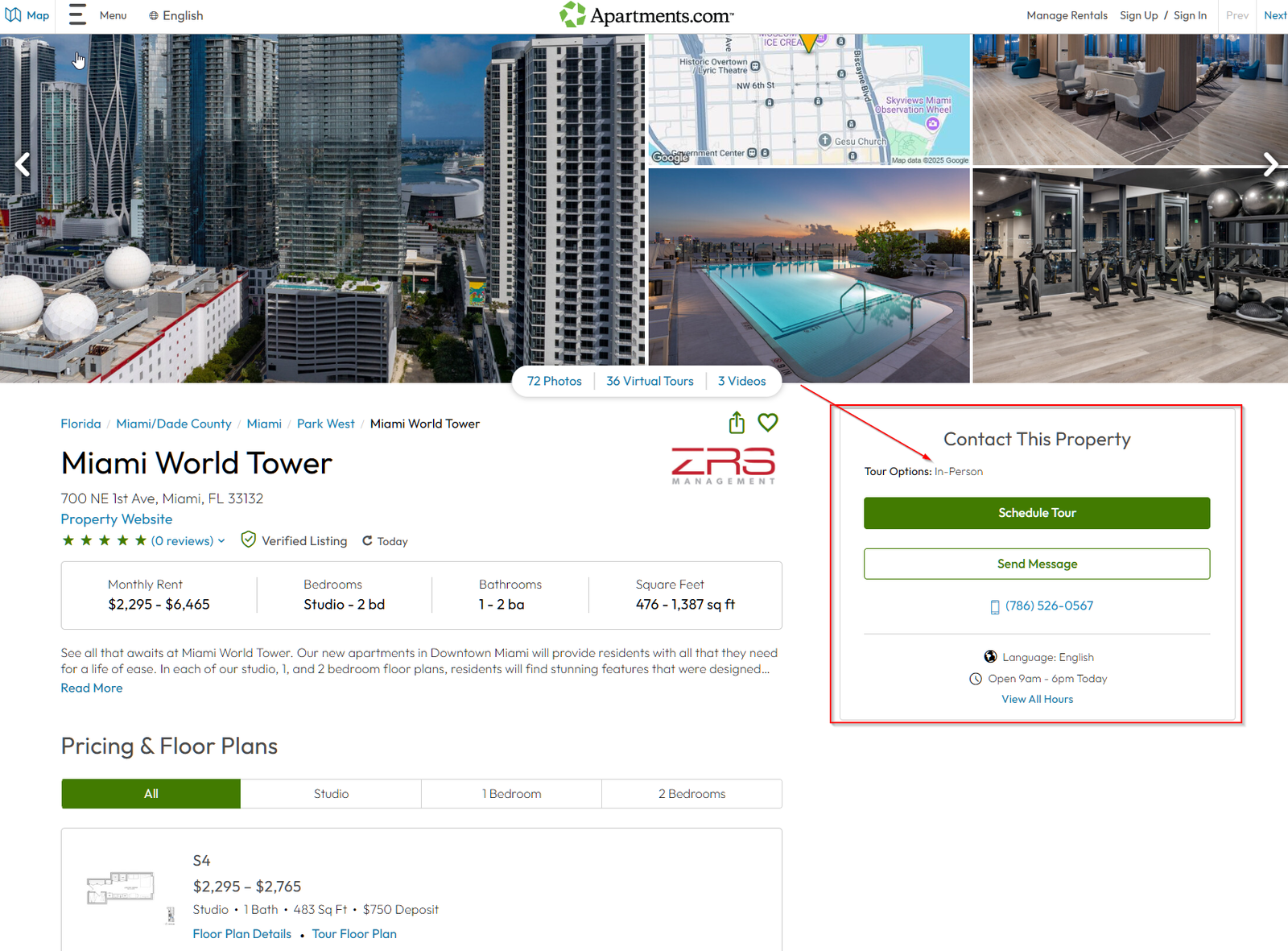Table of Contents
Add a header to begin generating the table of contents
Better Rankings & More Traffic
Getting your website to rank higher in search results isn’t just about stuffing it with keywords—it’s about creating a well-optimized, user-friendly experience that search engines trust. The goal isn’t just traffic, but the right kind of traffic—people who are actively searching for what you offer.
To improve rankings, your website needs a combination of strong technical SEO, high-quality content, and strategic keyword targeting. Google rewards sites that provide valuable, well-structured information that keeps users engaged. That means your content should not only be informative but also easy to read, mobile-friendly, and properly optimized with relevant keywords.
Beyond content, external factors like backlinks, social signals, and domain authority play a role in pushing your site higher in search results. When these elements work together, your website becomes a trusted resource in your industry—leading to better rankings, more traffic, and ultimately, more conversions.

Strong Page and Topical Authority
Page authority and topical authority are essential for ranking well in search engines. Page authority refers to the strength of an individual page, while topical authority measures how much expertise your site has in a specific subject area. The stronger your authority, the more likely Google is to rank your content above competitors.
So how do you build authority? First, focus on creating comprehensive, well-researched content that thoroughly answers user queries. Instead of just publishing standalone articles, structure your content to cover topics in depth, using related subtopics and supporting pages.
Google also looks at how often your site is referenced or linked to by other high-authority websites. Earning backlinks from reputable sources helps establish credibility, while internal linking strengthens your topical authority by connecting related content within your site.
Consistency is key—regularly updating content, optimizing for user intent, and demonstrating expertise in your niche will gradually strengthen your authority and improve rankings.
Keyword Research: Finding the Right Terms for SEO
Keyword research is the foundation of any effective SEO strategy. Choosing the right terms determines whether your content reaches the right audience—or gets buried in search results.
- Understanding Search Intent: Not all keywords serve the same purpose. Some are informational (e.g., “how to bake a cake”), while others indicate purchase intent (e.g., “best cake mixer for home use”). Aligning content with user intent ensures that you attract visitors who are most likely to engage with your business.
- Balancing Search Volume and Competition: High-volume keywords are competitive, while low-competition terms may not drive enough traffic. The best approach is to target a mix of short-tail (broad) and long-tail (specific) keywords that strike a balance between visibility and ranking potential.
- Using the Right Tools: Platforms like Google Keyword Planner, Ahrefs, and SEMrush provide insights into keyword difficulty, search trends, and competitor strategies. Data-driven keyword selection helps you create content that ranks effectively.

Internal Linking Can Supercharge Your SEO
Internal linking is one of the most overlooked but powerful SEO tactics. By linking relevant pages within your website, you not only help users navigate your content but also strengthen the relationship between different topics on your site.
Google uses internal links to understand your site’s structure and determine which pages hold the most value. When done correctly, internal linking distributes authority across your site, ensuring that important pages gain more visibility.
For example, if you have a high-ranking blog post about “best fitness routines,” linking it to a related page about “top-rated workout equipment” can pass link equity and improve the ranking potential of both pages.
Effective internal linking isn’t about stuffing links randomly—it’s about strategically connecting content in a way that enhances both SEO and user experience.

Content Optimization That Converts
Great content isn’t just about getting traffic—it’s about turning visitors into customers, subscribers, or loyal readers. Content optimization is the key to making sure your website isn’t just attracting clicks, but actually driving results.
First, your content should be easy to read and engaging. Break up large chunks of text, use compelling headings, and incorporate visuals where possible. A well-structured article keeps users on the page longer, signaling to search engines that your content is valuable.
Next, clear calls to action (CTAs) are crucial. Whether it’s signing up for a newsletter, requesting a demo, or making a purchase, every page should have a goal. Guide your visitors with actionable language like “Get Started,” “Learn More,” or “Claim Your Free Trial.”
Finally, optimize for SEO without sacrificing readability. Use primary and secondary keywords naturally, ensure fast loading times, and make sure your content is mobile-friendly. When your content is both discoverable and persuasive, it becomes a powerful tool for driving conversions.
FAQs
Why is SEO really important for a content writer?
SEO is important for content writers because it helps their content rank higher in search engine results pages and attracts more targeted traffic from search engines. By using SEO techniques in their content, content writers can improve the visibility and reach of their website and drive more qualified traffic to it. This can help increase the success and effectiveness of their content marketing efforts and ultimately drive more business for their website.
Why is Google's algorithm EAT Important?
Google’s algorithm EAT is important because it helps ensure that the search results displayed by Google are of high quality and can be trusted by users. By assessing the Expertise, Authoritativeness, and Trustworthiness of websites, Google’s algorithm EAT helps to filter out low-quality or spammy websites and prioritize those that are credible and trustworthy. This helps improve the user experience of Google’s search engine and ensures that users are able to find reliable, accurate information when they search.
Why google's algorithm YMYL is important?
Google’s algorithm YMYL, which stands for Your Money or Your Life, is a ranking factor that is designed to ensure that the search results displayed by Google are of high quality and can be trusted by users. YMYL is applied to websites that offer information or services that have the potential to impact a user’s financial stability, health, or overall well-being. This includes websites that offer financial advice, medical information, or legal services. By prioritizing websites with high levels of EAT (Expertise, Authoritativeness, and Trustworthiness) in YMYL categories, Google’s algorithm helps to protect users from low-quality or untrustworthy websites that could potentially harm their financial stability, health, or well-being.
